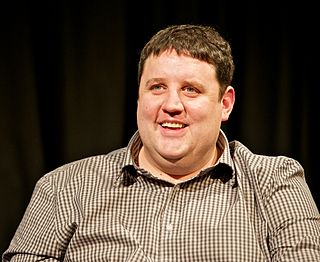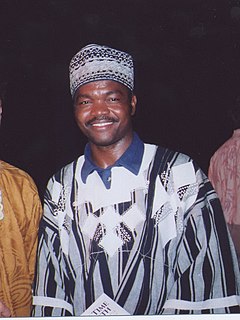A Quote by Plutarch
Not by lamentations and mournful chants ought we to celebrate the funeral of a good man, but by hymns, for in ceasing to be numbered with mortals he enters upon the heritage of a diviner life.
Related Quotes
Not by lamentations and mournful chants ought we to celebrate the funeral of a good man, but by hymns; for, ion ceasing to be numbered with mortals, he enters upon the heritage of a diviner life. Since he is gone where he feels no pain, let us not indulge in too much grief. The soul is incapable of death. And he, like a bird not long enough in his cage to become attached to it, is free to fly away to a purer air. . . . Since we cherish a trust like this, let our outward actions be in accord with it, and let us keep our hearts pure and our minds calm.
To me, life in its totality is good. And when you understand life in its totality, only then can you celebrate; otherwise not. Celebration means: whatsoever happens is irrelevant - I celebrate. Celebration is not conditional on certain things: 'When I am happy then I will celebrate,' or, 'When I am unhappy I will not celebrate.' No. Celebration is unconditional; I celebrate life. It brings unhappiness - good, I celebrate it. It brings happiness - good, I celebrate it. Celebration is my attitude, unconditional to what life brings.
Therefore the good man ought to be a lover of self, since he will then both benefit himself by acting nobly and aid his fellows; but the bad man ought not to be a lover of self, since he will follow his base passions, and so injure both himself and his neighbors. With the bad man therefore, what he does is not in accord with what he ought to do, but the good man does what he ought, since intelligence always chooses for itself that which is best, and the good man obeys his intelligence.
If you discuss the beliefs of Christianity with the village diviner, the medicine man, he will say the white man must be extremely stupid. The white man must be profoundly troubled - probably torn by a huge guilt connected to how he treated the ancestors - to think that villagers would buy the idea that someone died on the cross for us. They would say these beliefs are evidence that the white people killed someone of great importance, probably a diviner and a healer. If you kill a healer, you must make amends by appeasing the healer's spirit.
Men ought to know that from nothing else but the brain come joys, delights, laughter and sports, and sorrows, griefs, despondency, and lamentations. And by this, in an especial manner, we acquire wisdom and knowledge, and see and hear and know what are foul and what are fair, what are bad and what are good, what are sweet and what are unsavory…. And by the same organ we become mad and delirious, and fears and terrors assail us….All these things we endure from the brain when it is not healthy….In these ways I am of the opinion that the brain exercises the greatest power in the man.
When a doctor arrives to attend some patient of the working class, he ought not to feel his pulse the moment he enters, as is nearly always done without regard to the circumstances of the man who lies sick; he should not remain standing while he considers what he ought to do, as though the fate of a human being were a mere trifle; rather let him condescend to sit down for awhile.







































